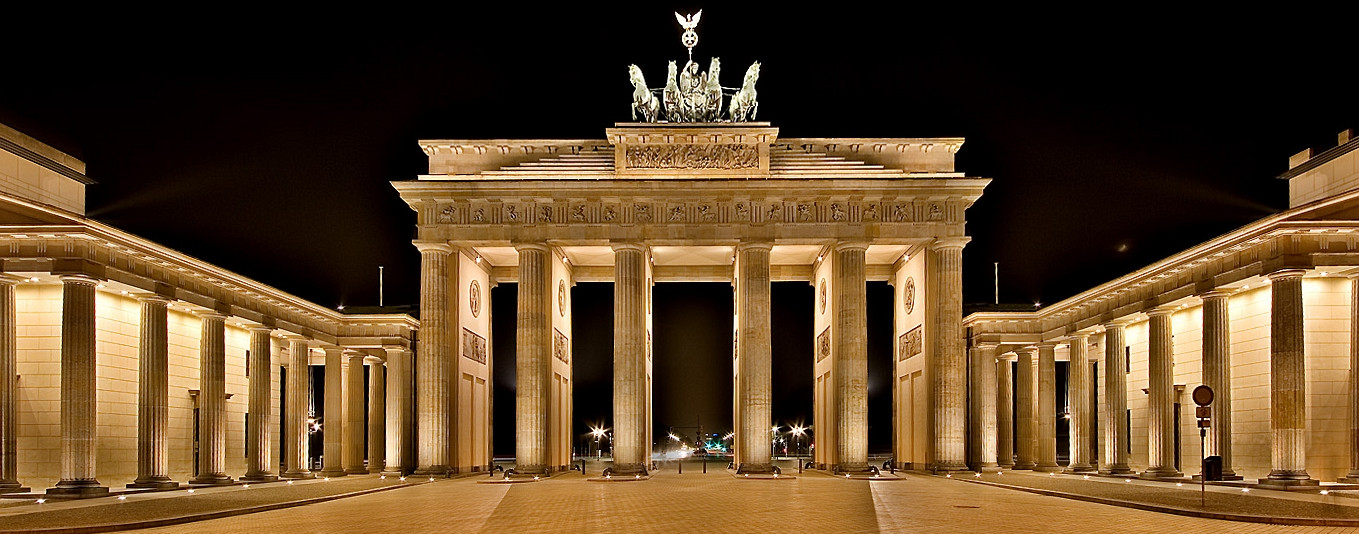“The purpose of the chat traffic is said to have been to prepare for terrorist attacks,” the Berlin public prosecutor’s office announced on Tuesday. A special unit of the Federal Police arrested the man on Tuesday morning.
According to broadcaster ARD, the arrested man is said to be Abdullah H. According to ARD reporter Holger Schmidt on Twitter, Abdullah is at the top of the list of dangerous Islamists in Germany.
In a first version of the text, the suspect was described as 37 years old. The Attorney General’s Office has now corrected this statement: The arrested person is 26, German magazine Focus Online reported.
The arrested terror suspect was employed as a cleaner at a primary school in the capital. Previously, he had worked until September in the Bode Museum in Berlin, said Interior Senator Andreas Geisel (SPD) on Tuesday.
There was no information available about a possible target for the suspect’s attack. “We assume that there was a considerable danger,” said Geisel. In evaluated chat reports, the aim was to kill as many Germans as possible with a terrorist attack.
He had a radical Islamist attitude and had already begun “to procure the necessary components and chemicals for the construction of an explosive device,” according to the Federal Prosecutor’s Office.
In August the man allegedly bought acetone and in September hydrogen peroxide solution. “Both chemicals are needed to produce the highly explosive triacetone triperoxide (TATP). The planned bomb “was to be detonated at an unknown location in Germany at an unknown time in order to kill and injure as many people as possible”, the Federal Prosecutor’s Office further announced.
The substance TATP is known from previous terrorist attacks in Paris. The explosive can be produced quite easily which makes it attractive for terrorists. In the Middle East TATP is also known as “Mother of Satan”.
During the investigation, the Berlin public prosecutor’s office focused the charges on preparations for an act of violence endangering the state. A judge had already issued an arrest warrant on November 5.
The Syrian had allegedly exchanged instructions for building weapons and manufacturing explosives nine times with ISIS followers on a message group. The chat participants wrote about plastic explosives, parcel and magnetic bombs, “door traps with explosives” as well as Kalashnikov assault rifles and sub-machine guns. “What was exchanged was clearly Islamic in background and served the purpose of preparing for attacks,” said Martin Steltner, spokesman for the Berlin public prosecutor’s office.
Berlin’s Interior Senator Geisel stated: “We assume that there was a considerable danger. In the chat transcript, the aim was to kill as many people as possible.” He admitted that the last few weeks before the current arrest were strenuous.
“It’s an enormous strain on your nerves to make this decision.” He had been regularly informed by law enforcement of the threat. “The last weeks were not nice,” he said.
The police faced the problem of having to gather enough evidence for an arrest on the one hand and on the other hand to strike at the right time before an attack. According to Geisel, the security authorities tracked down the suspect through a tip from a foreign intelligence service, but there was no information available about a concrete target of the suspect’s attack. It is unclear whether he had accomplices in Germany or regularly visited Islamist mosques.
According to dpa information, the Syrian is thought to have entered Germany in 2014. He was designated a “refugee” and has a valid residence permit. It also became known that he had a wife.
The majority of Germans have meanwhile lost confidence in the Federal Government. According to a survey by the Allensbach Institute for Demoscopy on behalf of the Frankfurter Allgemeine Zeitung newspaper , 58 percent of Germans consider the CDU/CSU/SPD alliance weak, while only 19 percent consider it strong.
The background is the ongoing political disputes between the coalition partners of the Union and the SPD. “Citizens want a powerful government and constructive cooperation in a government alliance. Currently the impression is completely different “, the director of the institute, Renate Köcher, told the newspaper.
In eastern Germany, this perception is even more pronounced. According to this, 73 percent of the respondents believe that Chancellor Merkel’s grand coalition – known as the GroKo – is incapable of acting, compared to 54 percent in the west. This also affects the image of the administration as only 45 percent of the citizens have the impression that the ability of the state to act is still intact.
The government is perceived as shaky. This applies especially to the SPD, but also to the CDU. “In both, citizens are diagnosing a worrying power vacuum. Two-thirds of the population are concerned about the evolution of politics and parties.”
This also applies to confidence in the political system. According to the institute, 51 percent of those polled believe that the political strength of the country is guaranteed by democracy. Previously, it had been 62 percent.
A majority of 64 percent believe that the chances of voting in an effective government in a new election, are low. “Remarkably enough, the adherents of the various parties hardly differ in their assessment,” says Köcher. An exception was the AfD, with 75 percent suggesting new elections.
Shortly after the onset of the migrant crisis, a survey conducted by the polling institute revealed a decline in confidence in the government. In October 2015, 57 percent of respondents were convinced that Germany had lost all control over how many asylum seekers had come to the country.
















